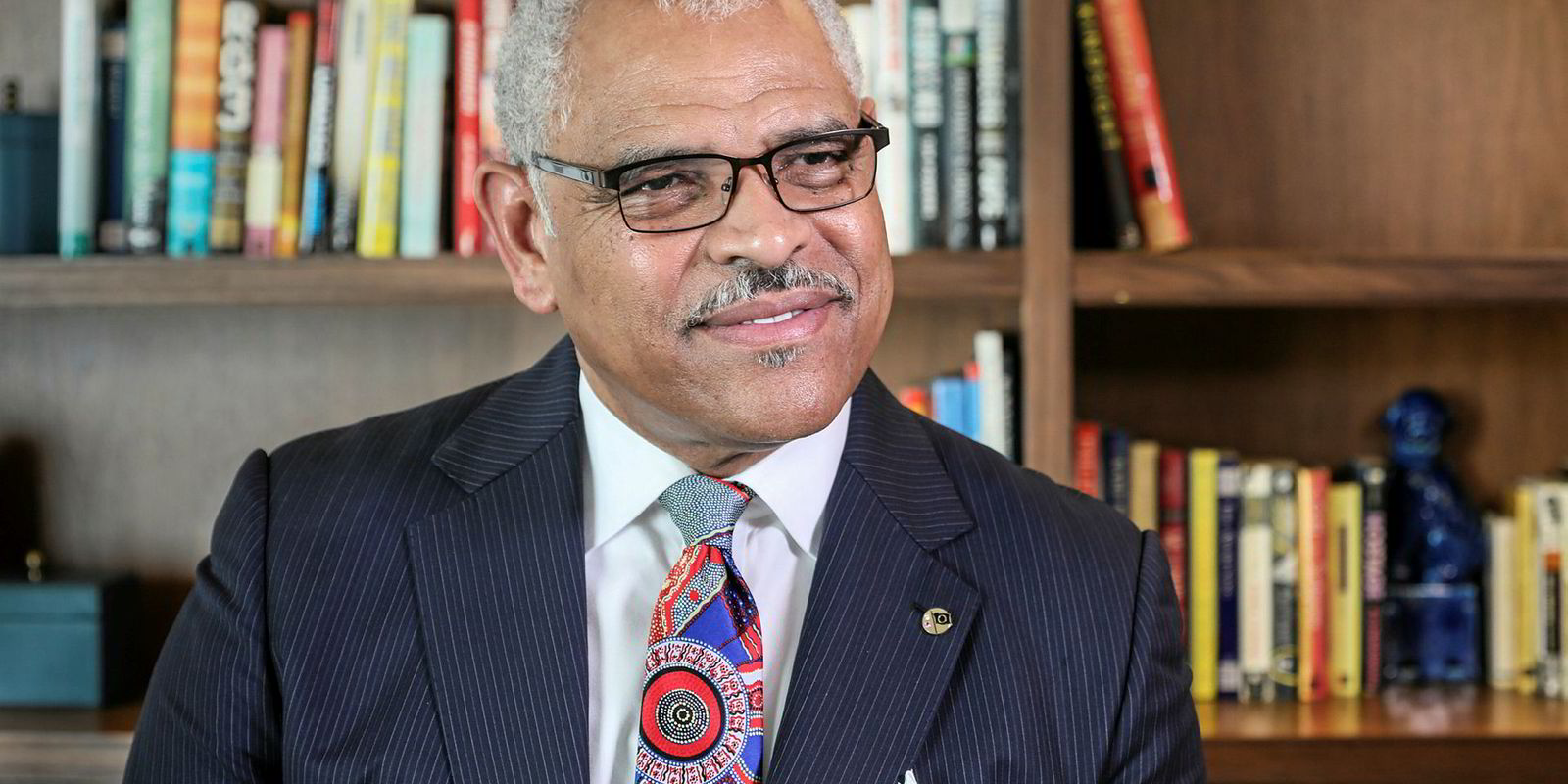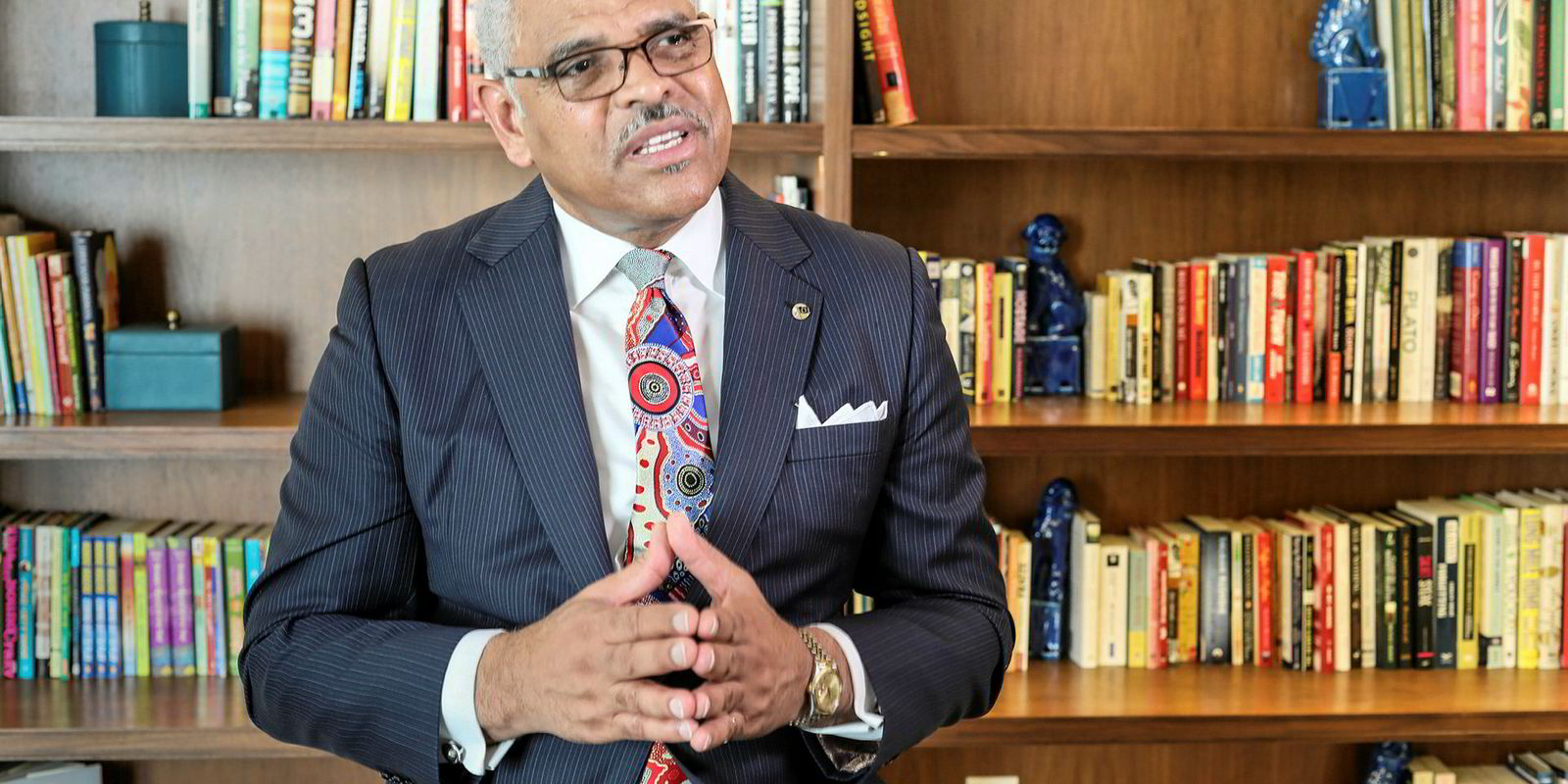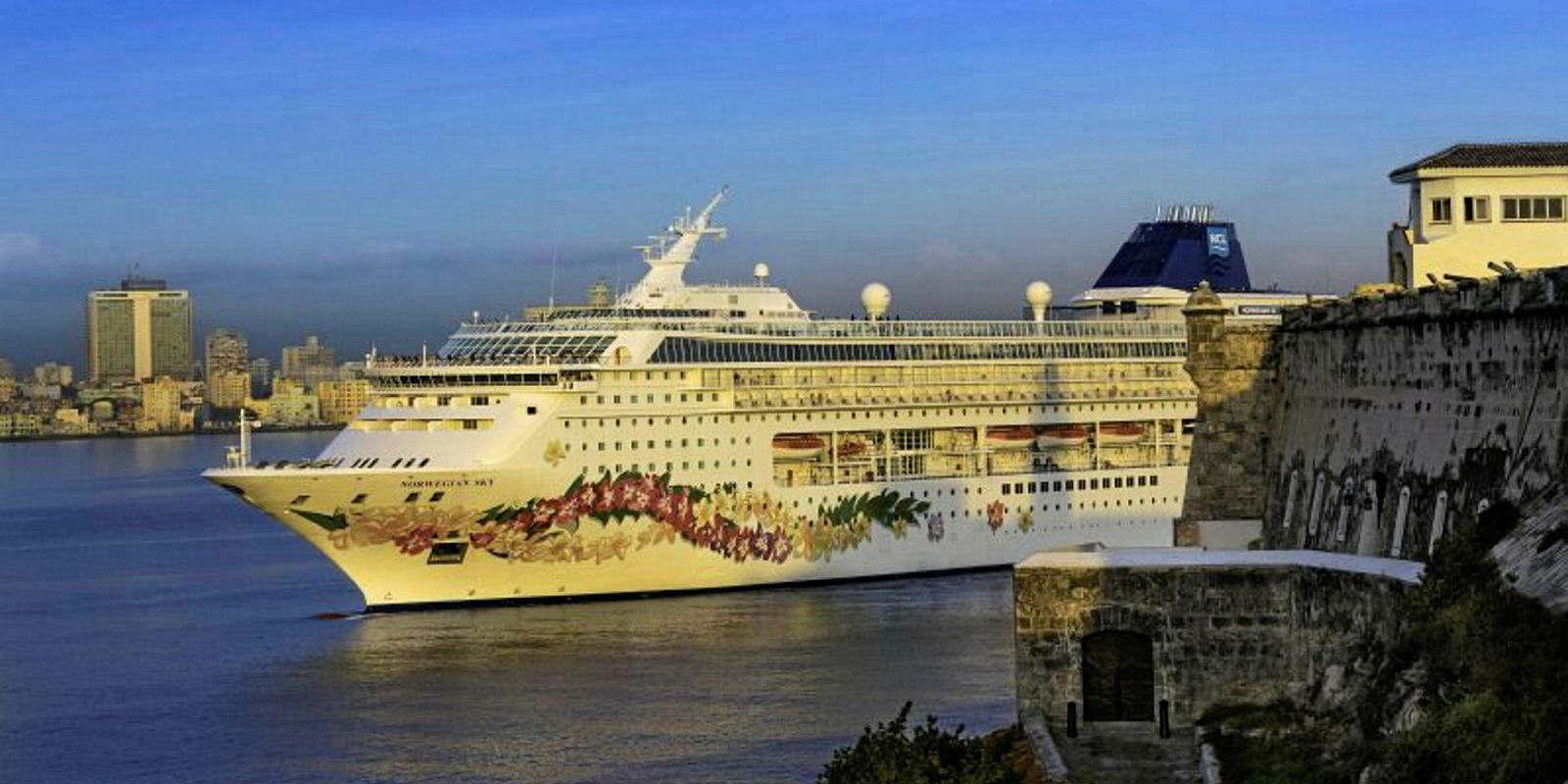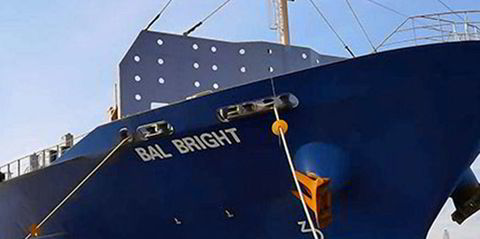Property seized by former Cuban President Fidel Castro six decades ago is at the centre of a lawsuit involving shipowner Carnival Cruise Lines.
Mickael Behn and Javier Garcia-Bengochea are suing the Miami-based cruise giant over the use of Port of Havana buildings and docks, which had been owned by their families before Castro wrested control.
Carnival has been anchoring its ships in the docks since former US President Barack Obama began efforts to improve relations with the Caribbean country, the Miami Herald reports.
The two businessmen hold claims certified by the US Department of Justice’s Foreign Claims Settlement Commission in the early 1970s and have filed for millions of dollars in compensation.
Their move comes a day after US President Donald Trump enacted a measure under the 1996 Helms-Burton Act, or LIBERTAD Act, which allows US nationals and naturalised Cubans seek damages for seized property.
“Thanks to the Cuban exile community and the LIBERTAD Act, we can finally get justice after 60 years,” Behn said. “They just hoped my family would die and fade away.”
Garcia-Bengochea holds a claim issued to his cousin for a company, La Maritima Parreno, that owned port terminal and warehouse facilities - valued at $636,000 in 1970 - in Santiago de Cuba until they were taken by Castro, while Behn, whose grandfather owned buildings and three piers at the entrance to the Port of Havana, inherited a claim worth $9.2m.
The value on both claims has been accruing interest at 6% each year for nearly 50 years, bringing the value to $45m. But, according to the Miami Herald, US federal law allows plaintiffs to seek triple the value.
“We’re pleased to have the opportunity to be the first to announce lawsuits under the Helms-Burton act against Carnival,” said Garcia-Bengochea, a neurosurgeon in Jacksonville, Florida . “They were the first cruise line to traffic in our stolen properties so they deserve the ignominious distinction of being the first to be sued under the act.”
Thursday’s lawsuits are expected to serve as a warning to companies doing business in Cuba, and come as Trump continues to pressure the Cuban government through sanctions and its efforts to end the regime of Nicolas Maduro in Venezuela , a country where Cuba is heavily invested.
However, George Fowler, one of Carnival’s attorneys and vice-chairman of the Cuban-American National Foundation, said the lawsuits would go nowhere.
“The law is clear, if the trip was allowed, the Helms-Burton does not apply,” Fowler said. “It was not the intention of the Helms-Burton law to go after American companies with legal business in Cuba. They can try it, but I’ve been here for 40 years, and I tell them: good luck.”






